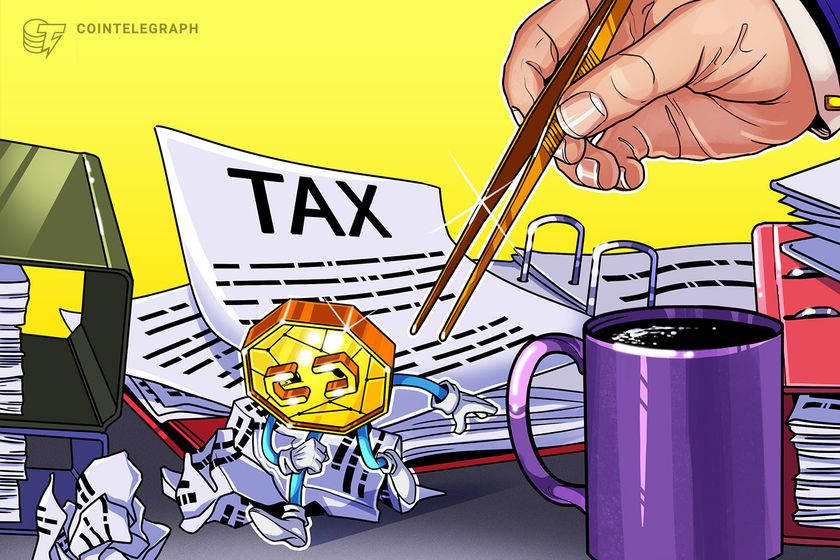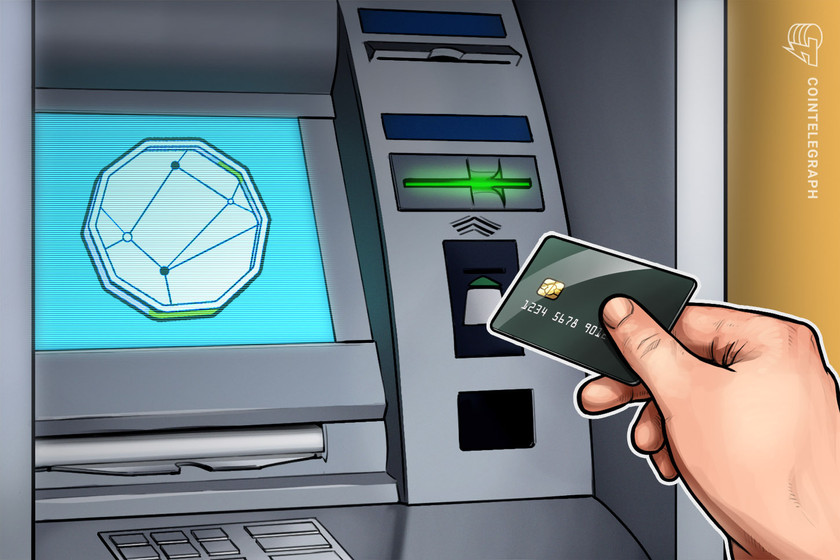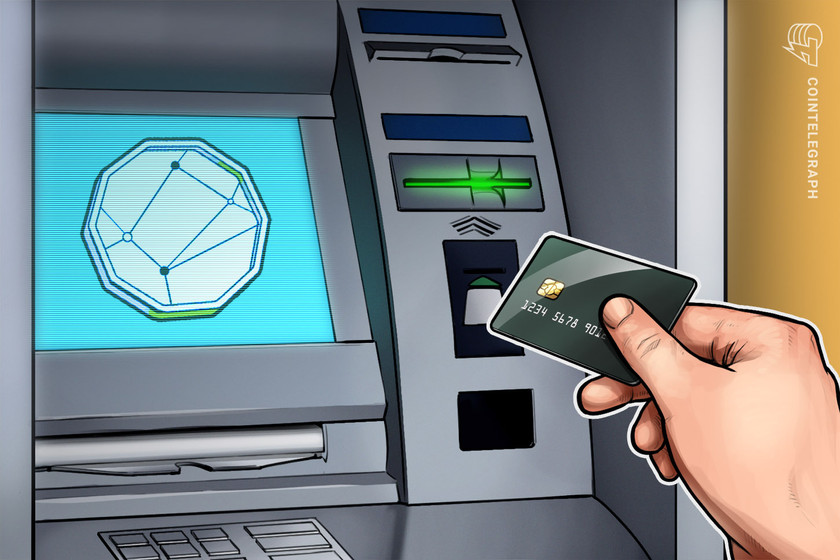Tax services are getting pushy to have crypto declared: Law Decoded, Nov. 27–Dec. 4


Spain and Brazil are chasing cryptocurrency stored abroad, while the U.K. wants taxes paid for crypto assets that weren’t previously declared.
Last week, His Majesty’s Revenue and Customs (HMRC) presented an unpleasant Christmas surprise to hodlers in the United Kingdom, demanding they declare any crypto holdings they failed to report in the last four, six or even 20 years. The disclosure must include “exchange tokens,” such as Bitcoin (BTC), as well as any nonfungible tokens (NFTs) and “utility tokens.”
Less harsh in its demands, the Spanish Tax Administration Agency has also reminded its citizens about their obligations to declare crypto, even if they store it abroad.
Brazil will also proceed to tax its citizens’ foreign crypto holdings via a bill already passed in the Chamber of Deputies and expected to be approved by President Luiz Inácio Lula da Silva. The change makes those funds taxable at the same rate as domestic funds.
The SEC is still digging into Binance.US
The United States Securities and Exchange Commission is still looking for evidence that Binance.US had a backdoor to potentially control customer assets similarly to FTX. Anti-Money Laundering laws as part of a $4.3 billion settlement with the U.S.





















